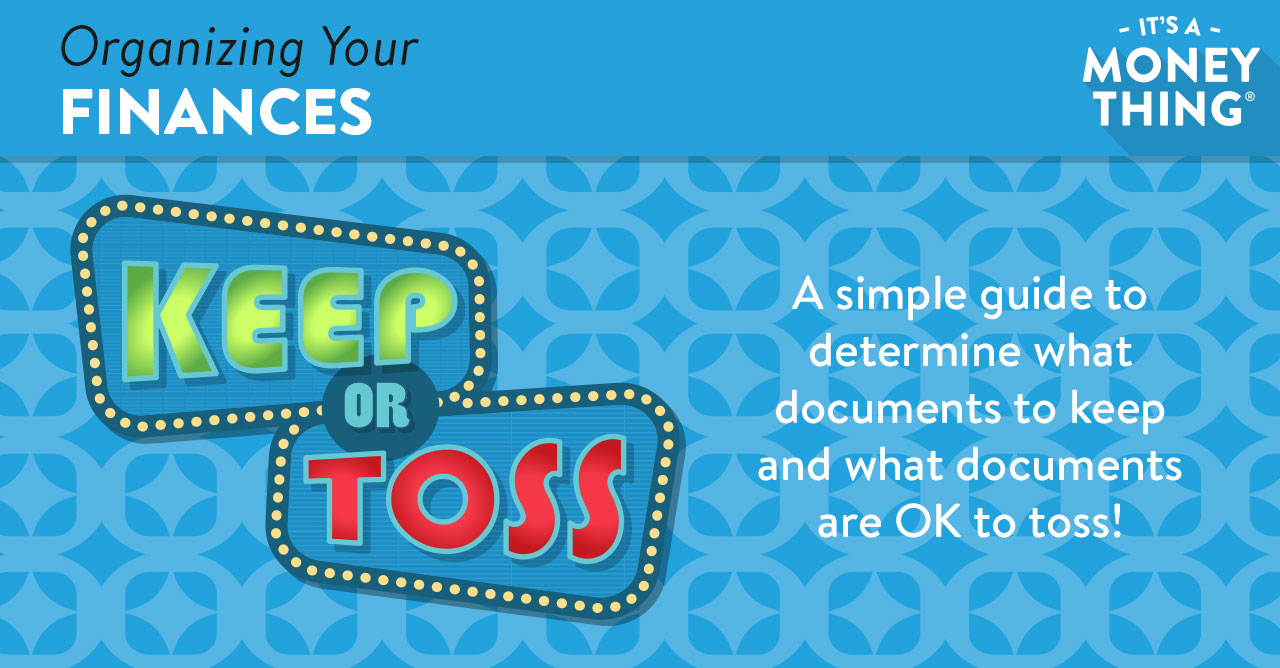 (S. Gassman photo)
(S. Gassman photo)
6 tips to help you banish paper clutter in your home
Ever feel like your home is drowning in paper clutter?
It doesn’t take long for junk mail, bills, statements and other documents to hijack your countertops and work spaces. A lot of this paper is unnecessary—cluttering your home and the earth.
There are plenty of reasons to rid your home of excess paper:
- Your home will be more organized.
- You’ll spend less time paying bills and searching for lost files.
- You’ll save money by avoiding late fees.
We’ve rounded up six ways you can start purging paper clutter in your home.
Sign up for electronic statements and bills
If you haven’t already, opt for electronic statements from your credit union and other services you use:
Dupaco Community Credit Union’s eStatements offer you a secure, paperless format of your account statements.
You’ll receive an email or text when your eStatement is ready to view in Shine Online Banking. Plus, your statements are archived for years, eliminating the need to hang onto physical statements.
“Not only is this a good move for going paperless, it’s also a really good security measure,” said Jill Gogel, assistant vice president, fraud services at Dupaco Community Credit Union. “This way, fraudsters can’t steal your statements from your mailbox, which would give them a picture into your financial world.”
If you have a Dupaco Visa credit card, you can receive and pay your bills electronically too.
Pay bills electronically
It’s easier than ever to pay bills online.
With Dupaco’s Bill Pay, you can automate payments so you pay your bills on time every time. No more late fees!
Once you’ve created a payee, it’s automatically stored to make future payments even quicker.
And many businesses, including utility and service companies, will set up automatic recurring payments direct from your checking account, debit card or credit card. Contact your service providers to set up these payments.
Think twice about paper receipts
Sometimes, you can pass on the printed receipt at the checkout line.
Many retailers offer the option to email you a copy of your receipt. And you can opt to receive eReceipts from any transaction—withdrawals, deposits and transfers—with your Dupaco accounts.
If you can’t get an electronic receipt, take the paper version so you can reconcile your account. Hang onto it if you think you might return the item or you need to show proof of purchase for tax-related purposes. Learn more about this in the next section.
Decide what to keep, digitize or toss
It’s time to tackle the papers already in your home.
It can be time consuming, but it’s a straightforward process once you know how long to keep each type of document.
Here are some guidelines to get you started:
Keep forever
Hang onto—and safely store—important documents that are typically issued only once:
Keep for seven years
This includes all supporting documents for your income tax return and a few other items:
Keep while active
Hang onto any active agreements and contracts, including:
Digitize these documents
Digitize monthly statements. Or, hold onto them until you’ve reconciled them, unless you need them for tax purposes.
You can also digitize:
Download this free guide to remember which items to keep and which items to toss >
Shred unnecessary documents
Before you free your home of paper clutter, dispose of it properly to prevent identity theft.
Use a cross-cut shredder to destroy and recycle any physical documents you no longer need.
You can create a mail-filing system to help you stay on top of your mail, said Paula Ervolino, senior member service representative at Dupaco.
It might be as simple as dividing your mail into three categories:
“For the papers you don’t need, shred them weekly if you’re not doing it right away,” Ervolino said.
Back up your documents
Technology can fail when you least expect it.
Back up any documents you digitize with an external hard drive, and store it in a safe location.
For added protection, you can also back up your files on a password-protected cloud service so you can access them wherever you are.




